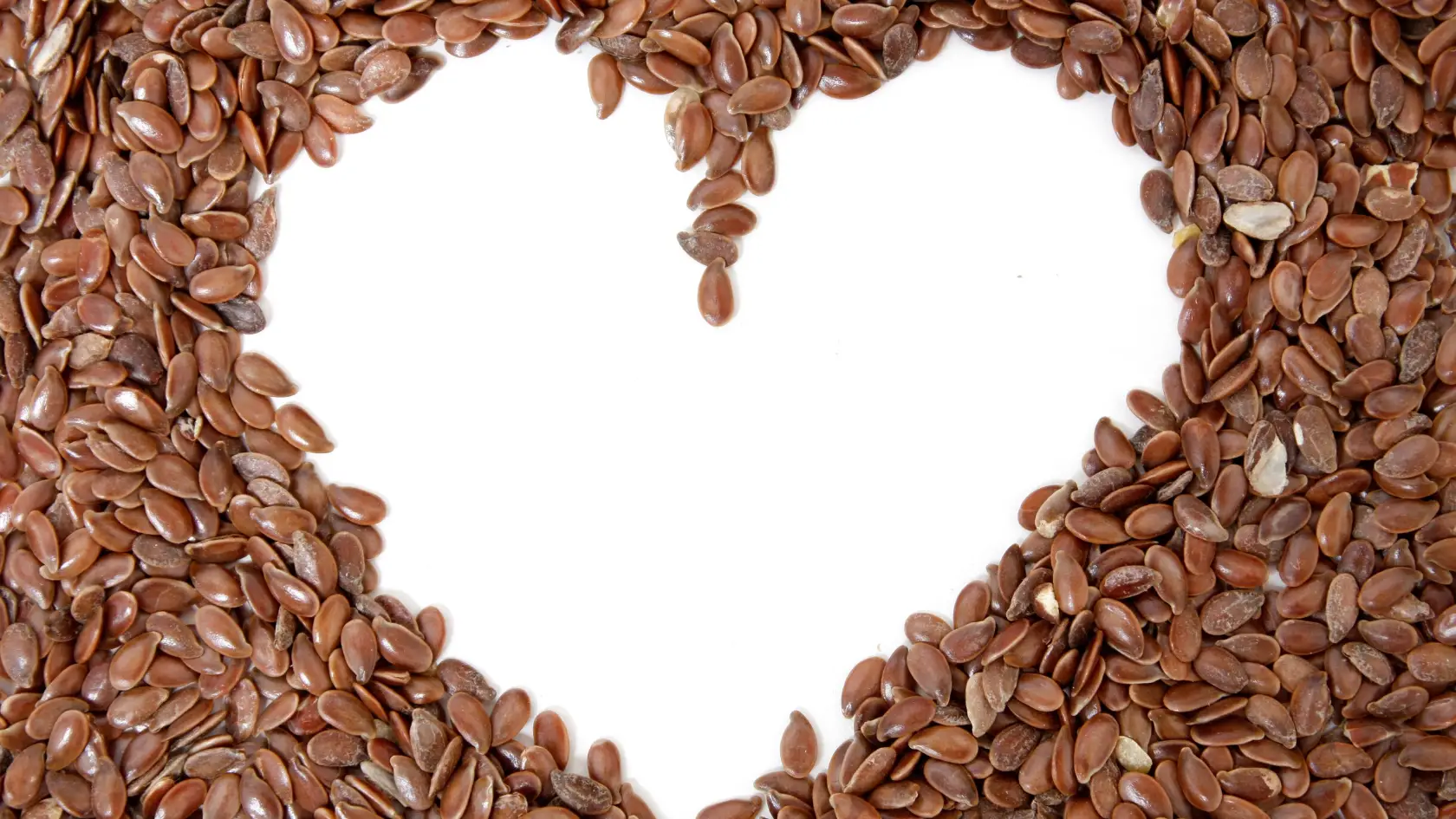Dogs and Flaxseeds: here is how to safely incorporate flaxseeds into your dog’s meals!
Many pet owners have questions about dogs and flax seeds and often ask if they can give their dog flax seeds and the answer is yes! Adding flaxseeds to your dog’s meals can prove to be extremely beneficial for them.
Flax seeds are one of the most beneficial super seeds you can feed your dog, if you want to know about the other six other scientifically backed super seeds that are great for your dog read this article.

What are the benefits of feeding dogs flax seeds?
There are tons of benefits to feeding your dog flax seeds, here are a couple of them
- Coat health: In addition to making your dog’s coat shine like the morning sun (okay that’s an exaggeration, but you get the idea) – Here is one study that looked at the effects of flaxseeds and sunflower seeds on dogs’ coats
- Omega-3: One of the main reasons for the noted health benefits are essential fatty acids such as Omega-3 that are naturally found in the seeds.
- Fiber & Energy: Flaxseed and flax oil provide energy, dietary fiber for regular bowel movements, protein, manganese. Flaxseed is adaptable, which means it is able to support a dog suffering constipation and a dog suffering loose stools. It should assist with bringing some normalcy to your pet’s bowel moments and the oils in flaxseed help with digestion by lubricating the gastrointestinal tract and making it easier for food to pass through the digestive system.
- Antioxidants: Flax Seed is full of lignins which are antioxidants. Due to the lignans found in flaxseed, dogs dealing with inflammatory health conditions or allergies may experience some improvements with continued feeding. They can assist with symptoms of arthritis, improve kidney function, and lower blood pressure. Lignans have also been shown to improve cardiovascular health and may help fight cancer. Because of these lignans, if your dog suffers from an inflammatory condition such as IBS or pancreatitis adding regular flaxseed to your dog’s diet should prove to be extremely beneficial!
- In addition, the omega-3 essential fatty acids contribute to immune function, normal reproduction, growth, cell membrane structure, and cell function.
- Another benefit to adding flaxseed to your dog’s food is that it is not a grain nor does it contain gluten. So, if you are keeping your pup gluten and grain-free, flaxseed does not interfere with their regular diet.
How much flaxseed should I give my dog?
Always speak with your vet prior to feeding your pup flaxseeds. The recommended doses of flaxseed oil for dogs are:
| Small Dogs | 1 teaspoon per day |
| Large Dogs | 1 tablespoon per day |
Ways to incorporate flaxseeds in your dog’s diet
There are several ways you can introduce flax seeds into your dog’s diet
- Grind it in a mixer and sprinkle over your dogs meal
- Use a flax egg when making your dogs treats
- Use flax flour when making your dogs treats (basically ground flaxseeds)
Want some recipes to use flaxseeds in? Click here to take a look at our recipes
Things you should know before feeding your dog flaxseeds
- To get the most out of feeding your dog flaxseeds they should be ground first. If they are fed whole the seeds will simply pass through the stomach without adding much benefit
- Flax seeds can go rancid after grinding them (about 2 weeks) so keep them in the refrigerator
- Feeding your dog too many flax seeds can lead to poisoning (however, this is usually only seen when giving raw flax). To read more about flax seed toxicity and 8 other things you should keep in mind when feeding your dog flaxseeds read our article here.
Also, if you don’t want to add the flax yourself, there are plenty of shelf dog food that has the seed already mixed in. If you are going to add flax to your dog’s diet, here are six things to keep in mind prior to doing so.
What benefits have you noticed in your dog since adding flax to their diet?

I’m glad that you enjoyed this article! It is for informational purposes only , please see a vet prior to taking any information from this article and applying it to your pet. Take your pet to the veterinarian immediately if they show any signs or symptoms of illness.
RESOURCES
- PetMD.com
- flax council of Canada

























































































































